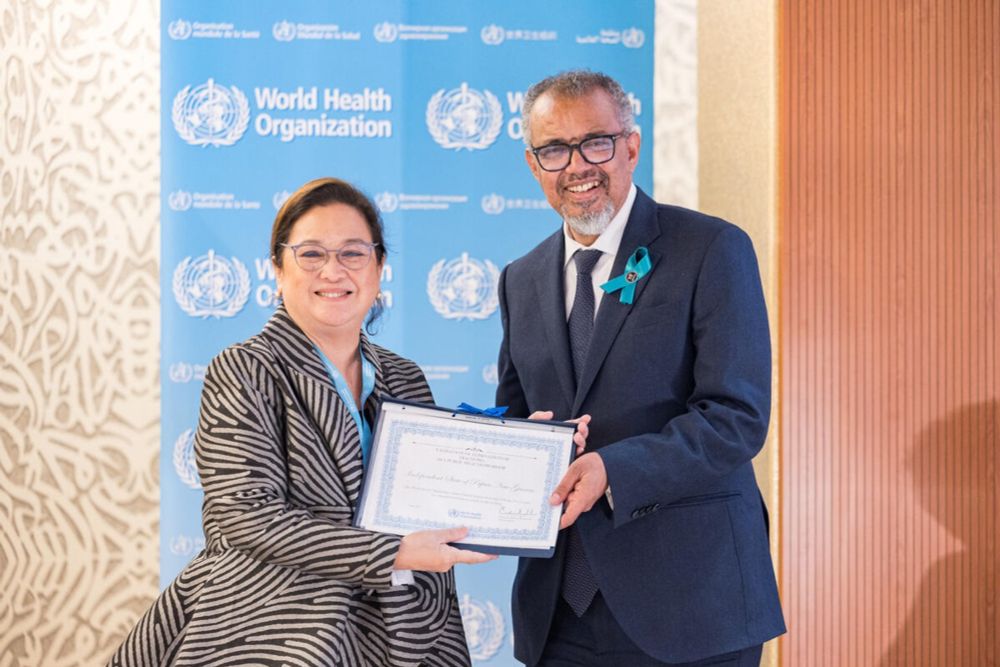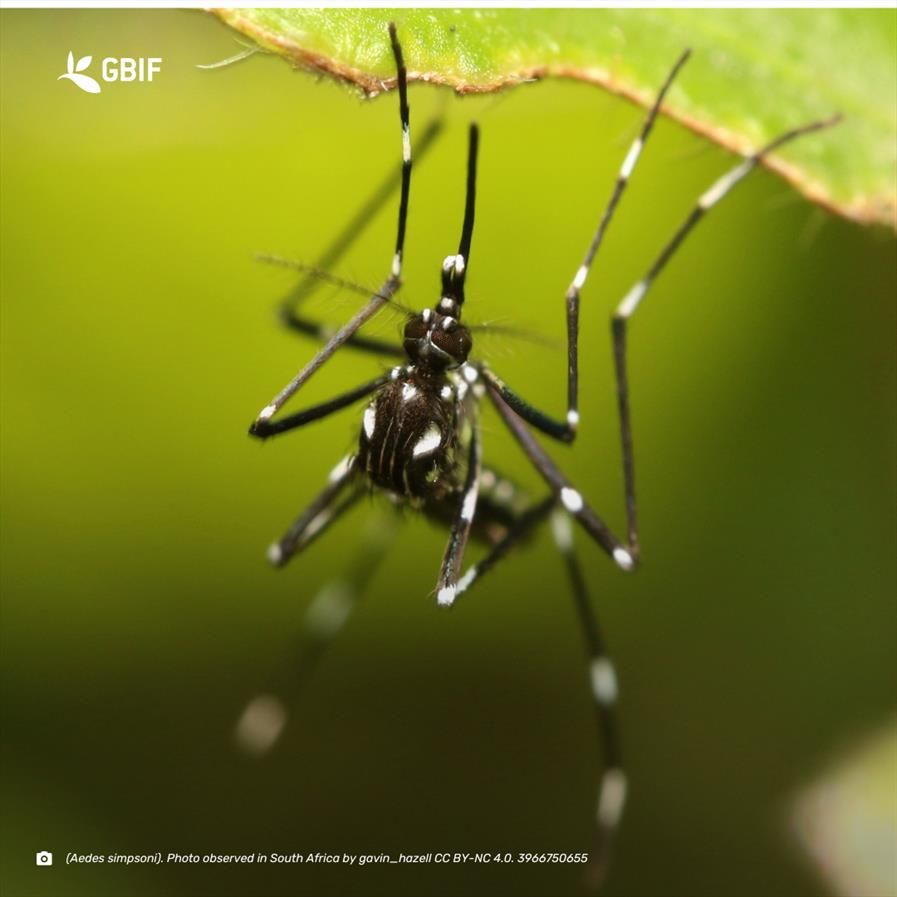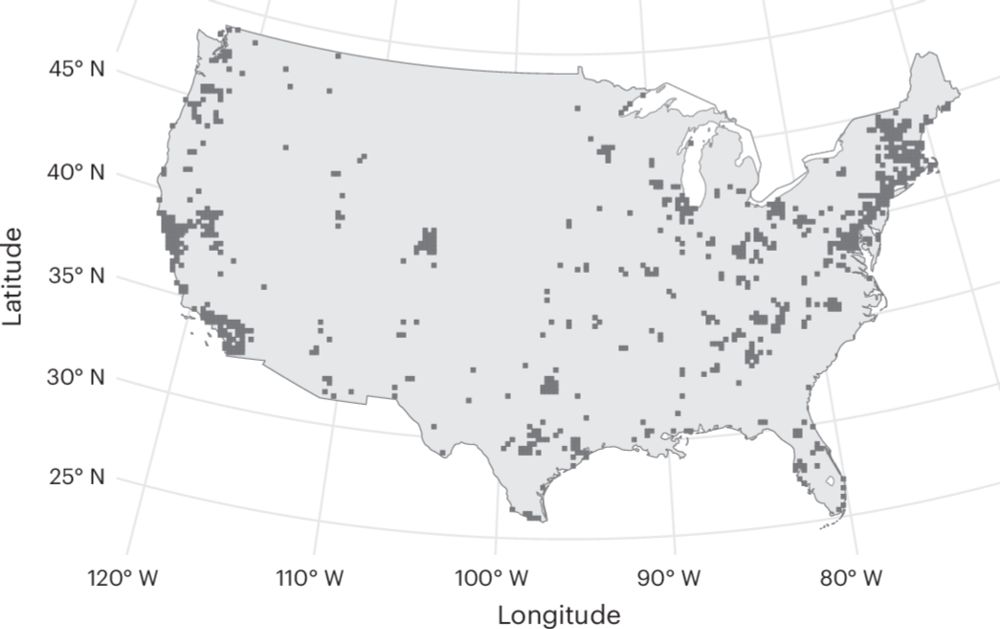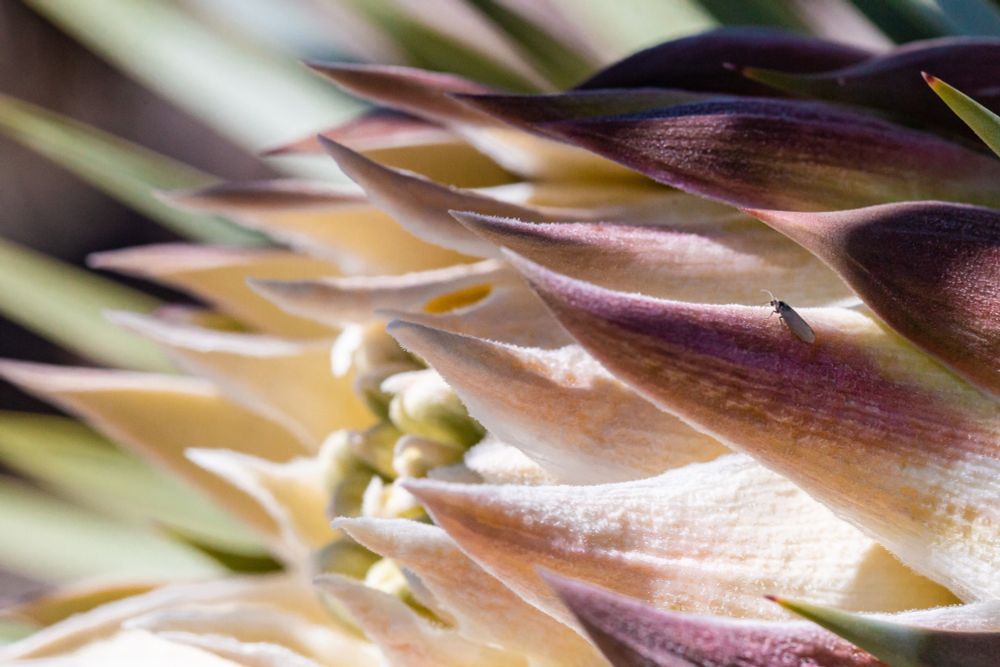
Close up on the very red flesh of a chicken face with a mosquito feeding on the forehead above the large yellow eye
Sentinel chickens, mosquito-borne illnesses and an informatics pipeline 🐓 Collaboration under a @ufl.edu Research Opportunity Seed Fund brings clarity to decades of data on Florida's West Nile outbreaks and forecasting. Story:
www.floridamuseum.ufl.edu/science/dise...
16.09.2025 20:47 — 👍 2 🔁 1 💬 1 📌 0

Papua New Guinea eliminates trachoma as a public health problem
In a landmark public health achievement, Papua New Guinea (PNG) has been validated by the World Health Organization (WHO) for eliminating trachoma as a public health problem. Trachoma, a neglected tro...
In a landmark public health achievement, Papua New Guinea has been validated by WHO for eliminating #trachoma as a public health problem. Trachoma, a neglected tropical disease & the world’s leading infectious cause of blindness, no longer poses a public health threat in the country.
bit.ly/43wbr8C
19.05.2025 19:35 — 👍 310 🔁 55 💬 3 📌 1
Data Portal - Data Package Summary | Environmental Data Initiative (EDI)
and the derived mosquito data set is available through the Environmental Data Consortium hosted here: portal.edirepository.org/nis/mapbrows...
14.05.2025 15:20 — 👍 0 🔁 0 💬 0 📌 0
Deriving best use data from NEON for mosquito research applications: A practical guide with code
| Biodiversity Informatics
New paper led by @amelybauer.bsky.social with colleagues at #NEON and Rob Guralnick here at at UF. Published in the open source journal Biodiversity Informatics... Deriving best use data from NEON for mosquito research applications: A practical guide with code journals.ku.edu/jbi/article/... 🦟
14.05.2025 15:17 — 👍 1 🔁 1 💬 1 📌 0
Multilevel network approaches to incentivise sustainable adaptation in the Murray Darling Basin - Research Supervisor Connect - Future Students - University of Sydney, Australia
Fully funded PhD opportunity on farmer #adaptation to reduced water availability. Come join us at the University of Sydney in one of the most stunning cities in the world!
Please share widely.
www.sydney.edu.au/research/opp...
13.05.2025 01:43 — 👍 1 🔁 2 💬 0 📌 0

photograph of a black and white striped mosquito
🦟Bzzzt... Planning on attending the #WAASuN meeting in #Ghana?
📍Register for the training on data sharing on vectors to prevent and control vector-borne disease!
This workshop organized by GBIF and TDR is suitable for early-career vector disease researchers.
🔗gbif.link/waasun-tra...
20.03.2025 08:25 — 👍 4 🔁 1 💬 0 📌 0

Extreme weather events have strong but different impacts on plant and insect phenology
Nature Climate Change - Using community data of 581 angiosperm and 172 Lepidoptera species, the authors consider the impacts of extreme weather events (EWE) on the timing of life events...
In Nature Climate Change @natclimchange.bsky.social, we show that Extreme Weather Events (EWEs) have strong but different effects on plant and insect phenology, as individuals respond to immediate environmental cues such as EWES, likely more rapidly so than to gradual climate change. rdcu.be/eaLMu
21.02.2025 15:54 — 👍 20 🔁 14 💬 1 📌 1
M.Sc. Graduate, KNT University
Photogrammetry | Remote Sensing
Remote Sensing → Environmental Monitoring, Forest Ecology, Wildfire
Photogrammetry → Bundle Adjustment, UAV, Canopy Cover
#RemoteSensing #Photogrammetry #UAV #Drone #DeepLearning #GIS
Research scientist @MIT working with @NASA to make Earth & space more accessible & engaging through #dataviz #UX #design & digital media #XR
Academic population and conservation ecologist, working with mammals, birds, people and mentoring students and more experienced researchers. Chasing water and field voles, owls and other raptors, pine martens, capercaillie, wild living cats, mink and more
Researcher | Vector-Borne Disease | Mosquitoes | Sand Flies | Biting Midges | Culicoides | Phlebotomus
Professor of Entomology & Nematology, University of Florida; insect pathology and biotechnology research.
I am a marine conservation biologist studying sharks and a science writer. Posts are about science and the environment, science communication, and more! He/him
Ecologist interested in community dynamics and multiple stressors | DECRA fellow at University of Queensland | Research: https://jamesaorr.github.io | Nature photography: jamesorrphoto.com
Lecturer in Conservation Biology at University of Reading // Interested in the impacts of climate change & extreme weather on biodiversity, ecological forecasting, shared socio-ecological systems, forecast-based action 🌦🐘📉🌾
Macroecologist, mom of two, senior editor of Ecography, works at INRAE - France
More on my work and lab here: https://sites.google.com/site/cnmeynard/home
Senior Biodiversity Scientist for the NatCap TEEMs Research Group at the University of Minnesota.
Amplify Research Fellow at University of Queensland. Using #forecasting in #rstats to understand ecological responses to change. Author of the {mvgam} R 📦 for Bayesian multivariate modeling.
Blog 💬: https://ecogambler.netlify.app/
Views are my own
Ecologist (PhD) | experimental ecology | ecological forecasting | alpine plants | steering committee member @ https://euro-ecoforecast.wordpress.com/
AI of Nature & AI for Nature 🦋🤖 | Teaching machines to understand biology & biology to inform AI | Prof @FIU ➡️ @UAlberta soon | Lab website: rdinnager.github.io/dinnage_lab_website
Biodiversity | Ecology | Physiology | Theory | Climate Change | Macroecology | Scaling | biendata.org; Prof. EEB Univ of Arizona, External Prof Santa Fe Institute, Assoc Res Oxford Univ UK; Proud father, 🌵🇺🇸🇬🇧🇸🇪🌲 Gift med en svensk
The #OpenScience journal from BGI & OUP publishing articles using/generating large datasets. And linked to GigaDB #opendata hosting/analysis repository.
Website: http://gigasciencejournal.com
Ecologist. Royal Society University Research Fellow at @UniOfYork. Working on #Macroecology, #BiodiversityChange #CommunityEcology #TraitChange. Mariecurie_alum
We are a network of scientists, researchers, and innovators working to provide the knowledge needed to accelerate transformations toward sustainability.
futureearth.org
#CienciaCiudadana contra los mosquitos transmisores de enfermedades | Descárgate la app, y ¡participa! | #Developed by
CEAB-CSIC, CREAF y UPF-Barcelona
Physicist Turned Psychologist | Senior Researcher in #STEMed | Meta-Analysis Nerd | https://d-miller.github.io/
Also posts about 🧪 science funding to focus my attention.
Personal account. I don’t speak for my employer or any other orgs.
Asst. Prof. of Nematology at University of Florida.
#plants #microbes and their interactions - especially fond of #nematodes #fungi
Love indulging in #rice and good arguments





